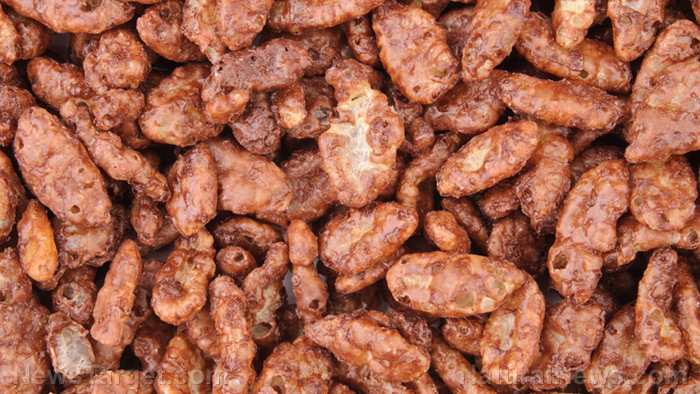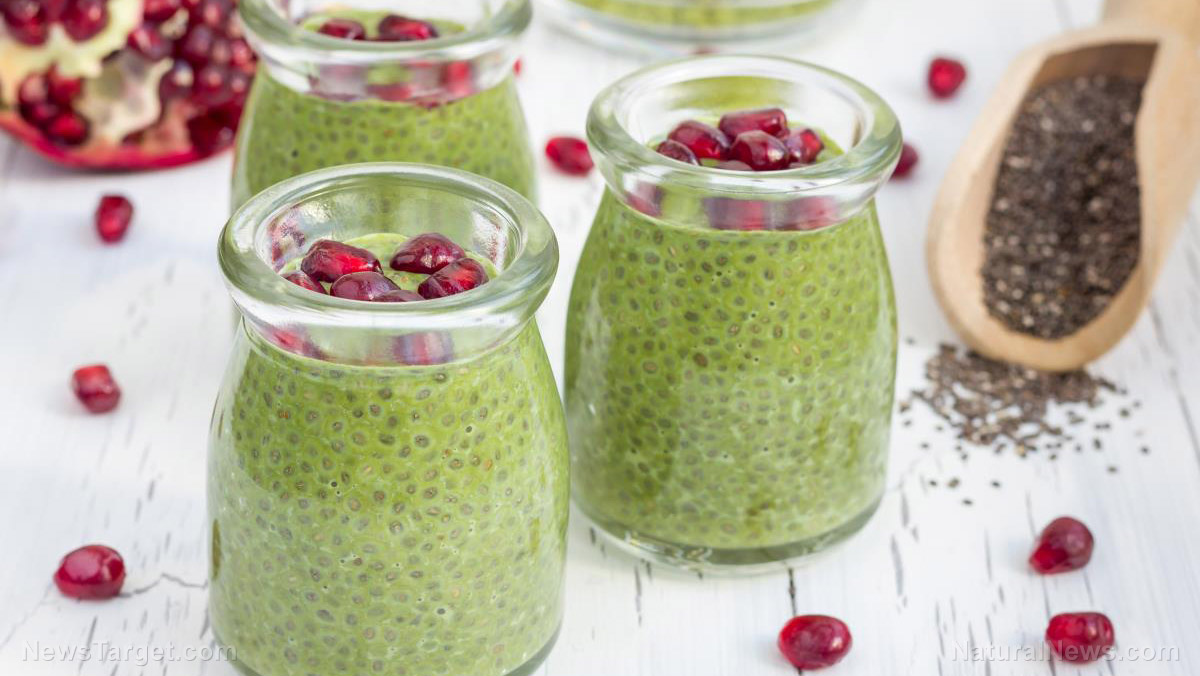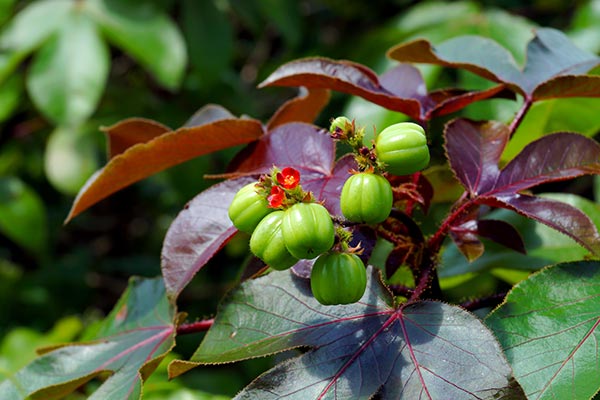4 Best essential oils for cleaning and disinfecting in the time of COVID-19
06/18/2020 / By Divina Ramirez

States and counties across the U.S. are beginning to loosen up on pandemic restrictions despite the rising number of cases.
Besides practicing personal cleanliness and staying indoors, the Centers for Disease Control and Prevention (CDC) recommends cleaning and disinfecting surfaces around the home to protect against potential infection. These surfaces include doorknobs, countertops, tables, toilets and faucets.
But there’s a catch to this. Store-bought cleaning products might be able to clean and disinfect surfaces in no time, but their harmful chemical ingredients and fumes pose serious health risks.
Strong chemicals can irritate the lungs and burn the skin. If ingested, it can also burn through organ tissue and cause a host of internal problems.
But chemical household cleaners aren’t the be-all, end-all solution to a house in need of disinfecting. There are tons of natural ingredients and all-natural products capable of getting the job done, and these include essential oils.
Best essential oils for cleaning and disinfecting
Essential oils offer more than just a pleasant smell. Their potent natural chemicals are considered much safer for cleaning than store-bought cleaners. Essential oils also do a great job of disinfecting due to their strong antimicrobial properties.
Plus, there are none of those sharp, pungent odors from bleach and other chemical household cleaners.
Here are four of the best essential oils that double as potent homemade cleaners:
Lavender
Lavender essential oil contains potent compounds, such as linalool and linalyl acetate, that act as antimicrobial agents against pathogens. For this reason, the oil is often used to treat bacterial and viral infections of the mouth, throat and lungs.
Thanks to its antimicrobial properties, lavender essential oil makes for a great homemade cleaner. Use the oil as is to clean surfaces, or diffuse it to get rid of odors and airborne pathogens lingering in the air.
Orange
Uplifting and refreshing, orange essential oil acts as an antiseptic, and it has also demonstrated antifungal and antibacterial properties in past studies. It’s also great for getting rid of tough grease and oil stains on hard surfaces. (Related: The antimicrobial and antioxidant potential of folded orange oils.)
That said, orange essential oil is best used to disinfect carpets. Just add drops of the oil to a container of baking soda, sprinkle it on the carpet and let it sit for 15 minutes before vacuuming.
Lemon
Lemon essential oil has strong antiseptic, antimicrobial and antibacterial properties. It contains concentrated doses of potent compounds, such as d-limonene and citric acid, that can get rid of grime and grease stains on stainless steel appliances like the fridge.
For cleaning and disinfecting the fridge, mix water, vinegar and drops of lemon essential oil in a spray bottle. Spray it inside the fridge and let it sit for a minute before cleaning the surfaces using a damp cloth rag.
Peppermint
Peppermint essential oil is unparalleled in terms of its soothing and stimulating effects, but it’s also great for getting some cleaning done. The oil’s natural antiseptic properties can rid the house of germs and pathogens lingering on surfaces.
To create a natural, all-purpose cleaner, combine water, vinegar and a few drops of peppermint essential oil in a spray bottle. This can be used to clean and disinfect floors, countertops and toilets.
General precautions for essential oil use
Essential oils make for great disinfectants because of their all-natural ingredients. That said, there are some general precautions to consider if using essential oils around the house. Here are some of them:
Dilute essential oils
Most essential oils need to be diluted in carrier oils. This is done to reduce the concentration of the potent compounds in the oils. Some milder oils like grapefruit, lemon, spearmint and tangerine can be used as is, but if in doubt, dilute the oil.
Do a patch test before using the oil
Essential oils are made from plants, and some people are allergic to certain plants. For this reason, it’s important to do a patch test before using the oil throughout the house. To conduct a patch test, rub drops of diluted essential oil onto a small patch on the arm and let it sit for 24 hours before checking for signs of inflammation.
Keep essential oils out of reach of children and pets
Not all oils are safe to use around infants, children and pets. Check the label; if in doubt, ask a healthcare professional. Oils should also be kept out of reach and in a cool and secure area.
If diffusing, don’t do so for more than 60 minutes
Remember that less is more in using essential oils. There is also no proof that diffusing them for longer periods amplifies their benefits. Don’t diffuse them for more than an hour as doing so can induce stress and affect cognition.
Diffuse essential oils in ventilated areas
Ensure proper ventilation before diffusing oils. If the room is not properly ventilated, the diffused oil can lead to breathing problems in humans or suffocate pets.
Practice personal hygiene after handling essential oils
Use a clean rag to get rid of excess oil on the hands after handling them.
The bottom line
Besides using good old soap and a bit of scrubbing, diffusing essential oils or using them as is to clean and disinfect surfaces also helps in keeping the home free of germs and pathogens as the pandemic continues.
Read more articles about essential oils and their uses at EssentialOils.news.
Sources include:
Tagged Under: cleaning products, coronavirus, DIY, essential oils, Herbs, homemade products, natural disinfectants, natural ingredients, natural products, prevention, remedies



















